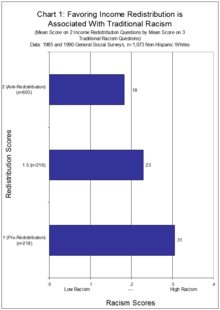
The permanent income hypothesis (PIH) was developed by the American economist Milton Friedman. In its simplest form, PIH states that the choices made by a consumers regarding their consumption patterns are determined not by current income but by their longer-term income expectations.
Measured income and measured consumption contain a permanent (anticipated and planned) element and a transitory (windfall gain/unexpected) element. Friedman concluded that the individual will consume a constant proportion of his/her permanent income; and that low income earners have a higher propensity to consume; and high income earners have a higher transitory element to their income and a lower than average propensity to consume.
In Friedman's permanent income hypothesis model, the key determinant of consumption is an individual's real wealth, not his current real disposable income. Permanent income is determined by a consumer's assets; both physical (shares, bonds, property) and human (education and experience). These influence the consumer's ability to earn income. The consumer can then make an estimation of anticipated lifetime income.
The theory suggests that consumers try to smooth out consumer spending based on their estimates of permanent income. Only if there has been a change in permanent income will there be a change in consumption.
The key conclusion of this theory is that transitory changes in income do not affect long run consumer spending behaviour.
Suppose a government cuts taxes prior to a general election. If consumers perceive this to be only a temporary reduction in their tax burden to increase the government's popularity, then consumption will remain unchanged. If the tax cut is seen as permanent then this may cause increased spending.
 Lefthit
Lefthit
No comments:
Post a Comment